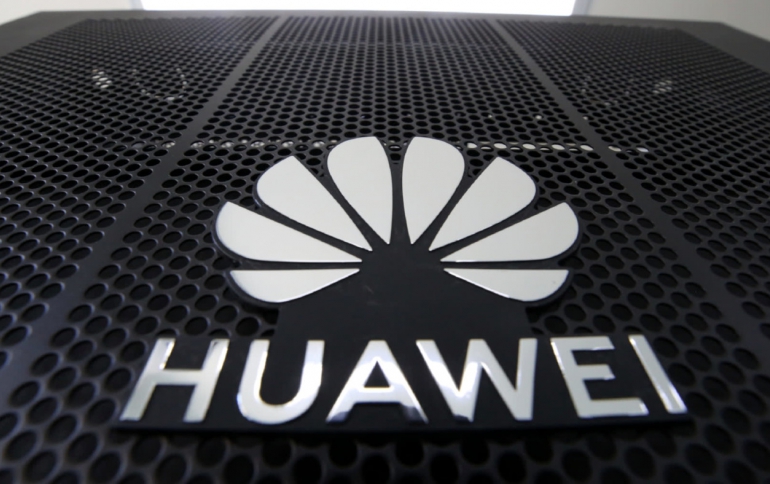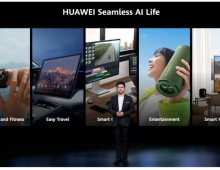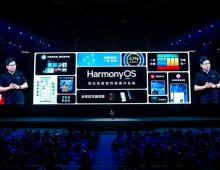
U.S. Bans Huawei From Buying U.S. Technology
The Trump administration on Wednesday banned Huawei from buying vital U.S. technology without special approval, in a move that is effectively barring the company's equipment from U.S. telecom networks.
The move threatens Huawei’s ability to continue to sell many products because of its reliance on American suppliers.
Washington believes the handsets and network equipment for telecommunications companies made by Huawei could be used by the Chinese state to spy on Americans.
Huawei, which has repeatedly denied the allegations, said in a statement that “restricting Huawei from doing business in the U.S. will not make the U.S. more secure or stronger; instead, this will only serve to limit the U.S. to inferior yet more expensive alternatives, leaving the U.S. lagging behind in 5G deployment.”
The ban on U.S. suppliers, which appears similar to one on Huawei rival ZTE Corp. last year, could hit the shares of Huawei’s biggest U.S. suppliers, including chipmakers Qualcomm and Broadcom.
President Donald Trump on Wednesday signed an executive order declaring a national emergency and barring U.S. companies from using telecommunications equipment made by firms posing a national security risk.
The order directs the Commerce Department, working with other government agencies, to draw up an enforcement plan by October.
Soon after the White House announced the order had been signed, the Commerce Department said it had added Huawei and 70 affiliates to its so-called Entity List - a move that bans the telecom giant from buying parts and components from U.S. companies without U.S. government approval.
The decision would make it difficult, if not impossible, for Huawei, the largest telecommunications equipment producer in the world, to sell some products because of its reliance on U.S. suppliers. U.S. suppliers will need to apply for licenses to provide the Chinese company with anything subject to U.S. export control regulations. Obtaining such licenses will be difficult because they will have to show the transfer of items will not harm U.S. national security.
China strongly opposes other countries imposing unilateral sanctions on Chinese entities, a Commerce Ministry spokesman said on Thursday.
The United States should avoid further impacting Sino-U.S. trade relations, spokesman Gao Feng told reporters at a weekly briefing.
“China has emphasized many times that the concept of national security should not be abused, and that it should not be used as a tool for trade protectionism,” Gao said.
“China will take all the necessary measures to resolutely safeguard the legitimate rights of Chinese firms.”
The United States in January unsealed a 13-count indictment against Huawei accusing the company and its chief financial officer of conspiring to defraud global financial institutions by misrepresenting Huawei’s relationship with a suspected front company that operated in Iran.
The indictment was unsealed a month after CFO Meng Wanzhou was arrested in Canada on a U.S. warrant for her role in the alleged fraud. Meng, who maintains her innocence, is fighting extradition.
The United States has been pushing other countries not to use the Chinese company’s equipment in next-generation 5G networks.
The latest U.S. broadside against could disrupt Huawei’s business at a minimum and all but put it out of business in an extreme, while its U.S. suppliers would also be hit.
Out of $70 billion Huawei spent for component procurement in 2018, some $11 billion went to U.S. firms including Qualcomm, Intel and Micron Technology, and they could see that revenue disappear.
On the other hand, U.S. companies like Apple face the risk of severe retaliation from China, a key market.
Some observers argue that the White House is unlikely to bring the full force of a blacklist to bear. Instead, the Trump administration is likely to issue export licenses to all of its American companies while retaining the option in future to pull them if needed.





















